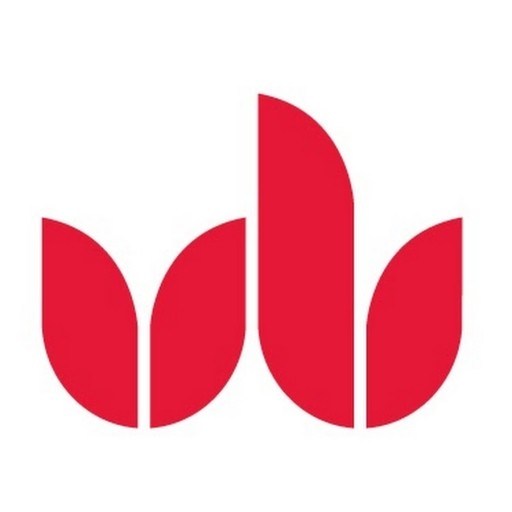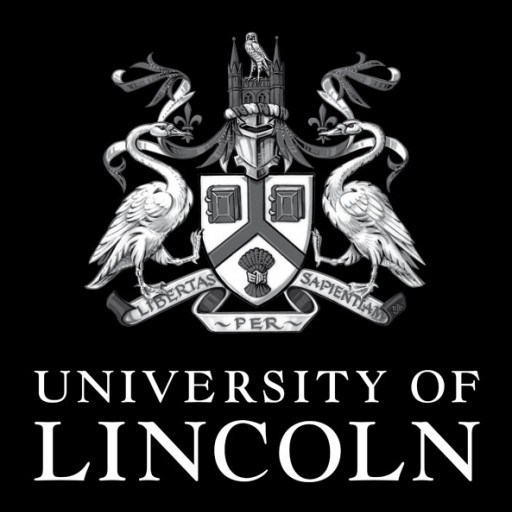Photos of university / #uniofbeds
Advertisement
The recently revised MSc Biotechnology course comprehensively covers the core subjects of modern Biotechnology, from an advanced understanding of molecular and computational biology to applied microbiology.
The aim of the course is to provide you with an understanding of how microbes can be used on an industrial scale to benefit humankind. New technologies in molecular biology, microbiology and computational biology will be taught and an insight given into how these methodologies are applied in Biotechnology industries.
The underlying biochemistry will be explained at an advanced level. Laboratory based projects will be offered in one of the four taught themes (i) molecular biology, (ii) computational biology, (iii) applied microbiology and (iv) analytical biology to provide you with the laboratory skills required for subsequent employment in biotech/pharmaceutical industries or academia.
Biotechnology is one of the UK's leading manufacturing sectors, and a rapidly expanding industry in many other countries, including China and India. It is also a growing field in universities, providing academic research opportunities or possible employment in related spin-out companies. To this end, a Biotechnology degree will support graduates seeking careers in biotechnology industries, including pharmaceutical and food companies, academic institutions and health-related industries including the NHS and other public organisations.
During this course you will:
* Receive high-quality, broad-based training in biotechnology, providing a wide knowledge base and key transferable skills
* Learn from an experienced teaching team consisting of research-active specialists in academic disciplines related to biotechnology, drawn from institutions across the UK
* Benefit from academic staff with extensive experience of supervising the training of postgraduate research students and the practical projects of postgraduate students on taught courses.
Areas of study you may cover on this course include:
* Analytical methods
* Applied microbiology
* Computational biology
* Molecular biology
* Research project
Assessment
The assessment philosophy of the MSc Biotechnology Award conforms to the recommendations of the QAA Benchmarking statement for BSc Biomedical Science, Medicine, Pharmacy (MPharm) and Engineering (MEng). It is essential that the procedures used for the assessment of students' achievements will correspond with the knowledge, abilities and skills that are to be developed through their degree programme. Both formative and summative modes of assessment will be used.
Evidence on which assessment of student achievement is based will include:
- Formal written examinations
- Summative practical assessments
- Laboratory and other written reports
- Problem-solving exercises
- Oral presentations
- Individual planning, conduct and reporting of project work; and
- Essay assignments
Evidence on which assessment of student achievement is based may include:
- Literature surveys and evaluations
- Collaborative project work
- Preparation and displays of 'posters' reporting project work
- Personal portfolios of learning achieved
- Computer-based assessments; and
- Self and peer assessment
The course assessment strategy is compliant with the University of Bedfordshires Quality Assurance Regulations (
The Fields commitment to practical skills and the ability to communicate and interpret data through scientific report writing is emphasised at all units of the programme. As such, practical (laboratory) reports form a significant proportion of student assessment. Practical work will be assessed through written practical reports and reflective laboratory diaries.
Assessment throughout the units, most notably in the research project, will call upon abstract writing and journal review skills to promote critical thinking and integration of knowledge across the course units. The importance of oral communication skills is also acknowledged, as the units 4 and 5 all require students to undertake oral presentations as a part of the unit assessments.
Throughout the course formative assessments will be carried out that includes practical work in all four units, mini-projects, literature reviews, case studies and presentation (unit 5) prior to final summative assessments.
A students capability in carrying out research will be assessed through mini-project design, literature review, laboratory based research reports and presentations.
The group work will help students to develop transferable skills such as taking initiative, communication, team working and decision making. A students ability in oral communication will be assessed through presentations.
All assessed work will be marked on the 16 point grade scheme used throughout the University. The pass grade for all units will be grade 5 or above. The examples of assessment criteria (for grading written assignments and oral presentations) are given in Appendix B.
Students failing to successfully complete fewer than 3 of the 4 taught units will not be eligible to undertake the laboratory based research project, and will be expected to undertake a period of guided study and a final assessment in the failed areas. These students will be able to undertake laboratory based research project if they subsequently pass the failed assessments.








